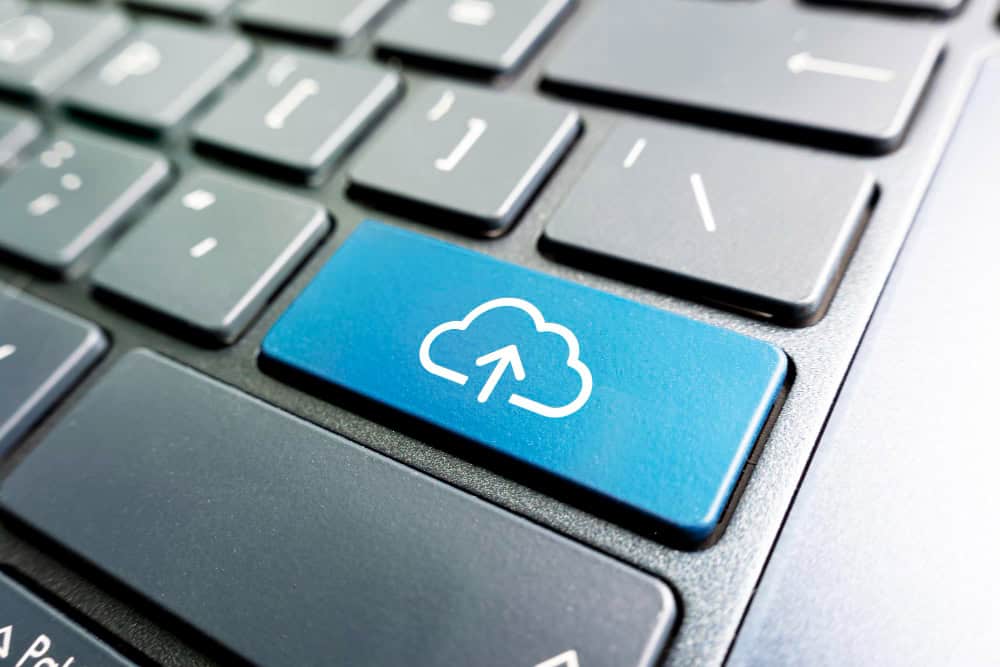Over the years, Unstructured Supplementary Service Data (USSD), Fintech and Mobile Money have facilitated financial inclusion across Africa. These technologies allow customers to check account balances, transfer funds, pay bills, and perform various financial transactions. This has made financial services accessible to people without the internet or smartphones and enhanced financial and economic participation within Africa. The blog below answers the question, “How are these technologies facilitating financial inclusion in Africa?”.
Table of Contents
Toggle
The Role of Fintech Solutions in Financial Inclusion
In many African countries, traditional banking infrastructure is limited, making it difficult for many people to engage in formal financial systems. Fintech solutions, which include mobile money services, have had a transformative impact on financial inclusion in Africa. They have addressed longstanding challenges and significantly expanded access to financial services. These solutions have provided a practical solution to bridge the gap between the unbanked market and the financial services they need. How much of an impact do these services have on the continent?
According to GMSA’s 2023 Mobile Money report, mobile money is now considered a mainstream financial service in many countries. So much so that adoption and active usage continue to rise. According to the report, registered mobile money accounts grew by 13% yearly, from 1.4 billion in 2021 to 1.6 billion in 2022. They have partially attributed this growth to regulatory changes in Sub-Saharan Africa, particularly in Nigeria and Ethiopia, where mobile money adoption has risen rapidly. The report also noted that digital transactions are increasing as the use of cash slows down. Transaction values grew by 22% between 2021 and 2022, from $1 trillion to around $1.26 trillion.
Fintech solutions have been central to this and enabled users to perform a wide range of mobile phone transactions, including money transfers, bill payments, and even savings. Additionally, peer-to-peer lending and crowdfunding platforms have facilitated access to credit for small businesses and individuals who might otherwise struggle to secure traditional loans. The rise of digital wallets, blockchain technology, and payment gateways has further accelerated financial inclusion by providing secure and efficient alternatives to traditional banking methods. In this way, Fintech solutions in Africa address financial gaps and contribute to economic development by fostering entrepreneurship and empowering individuals with greater control over their financial resources.
Mobile money services are currently one of the continent’s most widely used Fintech solutions. Mobile money solutions refer to financial transactions and banking services conducted through mobile devices. These services enable users to perform various financial activities, including sending and receiving money, paying bills, and accessing basic banking services, all from the convenience of their mobile phones. The question that now needs to be asked is what technology is being used to ensure these services are available to the unbanked and those in rural areas. The answer lies in USSD technology.
USSD In Africa Facilitating Fintech Services
USSD is a technology utilised across the continent in various Fintech and mobile money services. It allows unbanked customers and those without access to digital services to use several financial-based services. To understand how this is possible, it is important to unpack the USSD meaning and how it works.
USSD is an interactive, menu-based technology that facilitates real-time interaction. A USSD message can be up to 182 characters long and is often confused with SMS technology as both are used to send short text-based messages. Unlike SMS messages, USSD messages create a real-time connection during a USSD session. The connection remains open, allowing a two-way exchange between the subscriber and mobile operator. USSD technology is also more responsive than SMS and has the following benefits:
- Accessibility and reach for underserved populations – The USSD service is accessible on all types of mobile phones, including basic feature phones. It does not rely on the Internet, making it available to all mobile devices. This level of accessibility ensures that a broader range of people can easily access financial services, including those in remote or underserved regions.
- Simplicity and ease of use for customers – Individuals with limited technological or digital literacy can easily comprehend and navigate USSD transactions. These transactions involve inputting simple codes to access menus and perform transactions, eliminating complexity and ensuring a user-friendly experience.
- Cost-effectiveness and compatibility with feature phones – USSD presents a cost-effective solution for delivering financial services, especially in areas with limited smartphone usage and high data costs. Unlike other options, USSD does not rely on expensive data plans or smartphones, making it accessible to a broader range of individuals. It is also compatible with various mobile networks and devices, allowing financial institutions to reach a more extensive customer base quickly.
- Enhanced security and trust for users – To enhance security and prevent unauthorised access, USSD transactions often require PINs or passwords. This protective measure plays a crucial role in building trust among users, ultimately increasing their willingness to adopt and utilise mobile financial services while minimising the risk of fraud.
USSD is often integrated with mobile wallets and Fintech payment platforms to facilitate transactions. Users can make payments, buy goods and services, and even receive money through USSD-based systems. A great example of this is M-Pesa, one of Africa’s most extensive mobile money services. M-Pesa is one of the largest mobile money services in Africa and has seen a steady increase in customer numbers from 2017 to 2023, eventually reaching over 56.7 million customers in the financial year ending 31 March 2023. M-Pesa is a mobile money service run by Vodafone and Kenyan telecommunications provider Safaricom, that provides payment and financial services, even if a customer has no access to a bank account. It is also known as Vodafone Cash in Ghana and Egypt.

The Convergence of Mobile Networks
From the above, it is clear that USSD technology plays a vital role in facilitating Fintech services across Africa, but where do Telcos fit in?
Telcos play a crucial role in USSD operations, contributing significantly to the functionality and accessibility of this technology. USSD is a protocol mobile phones use to communicate with the service provider’s computers in real-time. One key responsibility of a Telco in USSD operations is to establish and maintain the infrastructure necessary for USSD communication. This involves deploying and maintaining the required servers, databases, and network connections to process USSD requests efficiently.
Telcos often play a pivotal role in ensuring the security and reliability of USSD operations. They implement measures to protect sensitive user information during USSD transactions and employ encryption protocols to safeguard the data transmitted between mobile devices and their servers. Reliability is vital, and Telcos work hard to minimise downtime, ensuring that users can access USSD services seamlessly. Telcos also play a regulatory role, adhering to industry standards and ensuring compliance with relevant guidelines and regulations governing USSD operations.
Within the context of the relationship between Telcos and financial institutions, these collaborations enhance the accessibility of banking and payment services to customers with limited access to banking infrastructure. By integrating financial services with mobile networks, individuals who were previously unbanked can perform various financial transactions using their mobile devices. The synergy between Telcos and financial institutions enhances user convenience and drives economic development by empowering individuals and businesses with the tools to manage their finances more efficiently. Additionally, these partnerships contribute to the growth of digital economies, promote cashless transactions, and ultimately advance financial literacy and inclusion on a global scale.
Conclusion
From the above, it is clear that Fintech solutions that utilise USSD technology, like Mobile Money services, have played an essential role in facilitating financial inclusion in Africa. USSD-based Fintech applications are likely to continue to play a pivotal role in transforming the financial landscape of Africa, fostering economic growth, and empowering individuals and businesses in the future, especially when looking at the convergence of innovative technologies and a favourable regulatory environment. Due to this, we expect Fintech in Africa and the use of USSD to be powerful catalysts for financial inclusion and economic development on the continent in years to come.

Discover why 3.5 billion people around the world still use USSD
In this whitepaper we explore the current communication landscape, the significance of USSD and what the future holds for technology in Africa, Emerging and First World Markets.

Experienced in the Telecoms & IT industries, encompassing services and solutions from the traditional to the evolved digital communication networks, embracing profound knowledge and proficiency in both the technical and sales disciplines. Product Management, including construct, software lifecycle, roadmap strategy and market leadership of Adapt IT’s portfolio of Next Gen Value Added Services (NG-VAS) solution stream.




